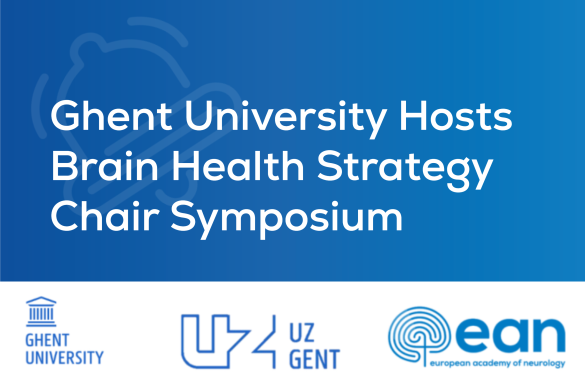by Isabella Colonna
For July we selected Mellinghoff IK, van den Bent MJ, Blumenthal DT, Touat M, Peters KB, Clarke J, Mendez J, Yust-Katz S, Welsh L, Mason WP, Ducray F, Umemura Y, Nabors B, Holdhoff M, Hottinger AF, Arakawa Y, Sepulveda JM, Wick W, Soffietti R, Perry JR, Giglio P, de la Fuente M, Maher EA, Schoenfeld S, Zhao D, Pandya SS, Steelman L, Hassan I, Wen PY, Cloughesy TF. Vorasidenib in IDH1- or IDH2-Mutant Low-Grade Glioma. N Engl J Med. 2023 Jun 4. doi: 10.1056/NEJMoa2304194. Epub ahead of print. PMID: 37272516.
Low grade glioma with isocitrate dehydrogenase (IDH) mutations is one of the most common malignant primary brain tumours in adults younger than 50 years of age. Its treatment is not curative and is associated with radiation-induced and chemotherapy-related toxic effects. In order to postpone this potential long-term toxicity, the adjuvant chemotherapy is not immediately started in patients with IDH mutant grade 2 glioma and a watch-and-wait approach is preferred.
The authors of this paper conducted a phase 3, double-blind, multicentre, trial investigating the efficacy and the safety of vorasidenib, a dual inhibitor of the IDH1 and IHD2 enzymes, in patients with residual or recurrent IDH mutant grade 2 gliomas who underwent surgery and are eligible for the watch-and-wait approach.
After screening for eligibility, study participants were randomly assigned (1:1 ratio) to receive orally, once daily in continuous 28-day cycles, 40 mg of vorasidenib (n= 168) or placebo (n= 163). At the follow-up (median time for vorasidenib group = 14.3 months and for the controls = 14 months), progression-free survival was 27.7 and 11.1 months in the vorasidenib group and in the control group, respectively (p<0.0001), Similarly, the time to the next intervention was significantly increased in the treatment group.
Concerning safety outcomes, adverse events of grade 3 or higher were observed in 22.8% of patients receiving vorasidenib and in 13.5% of those receiving the placebo. However, serious adverse events occurred only in 1.8% of patients of the treatment group.
In conclusion, the results of this phase 3 trial showed that the treatment with vorasidenib in patients with grade 2 IDH mutant glioma was associated with significantly improved progression-free survival and postponed the time to next intervention.













